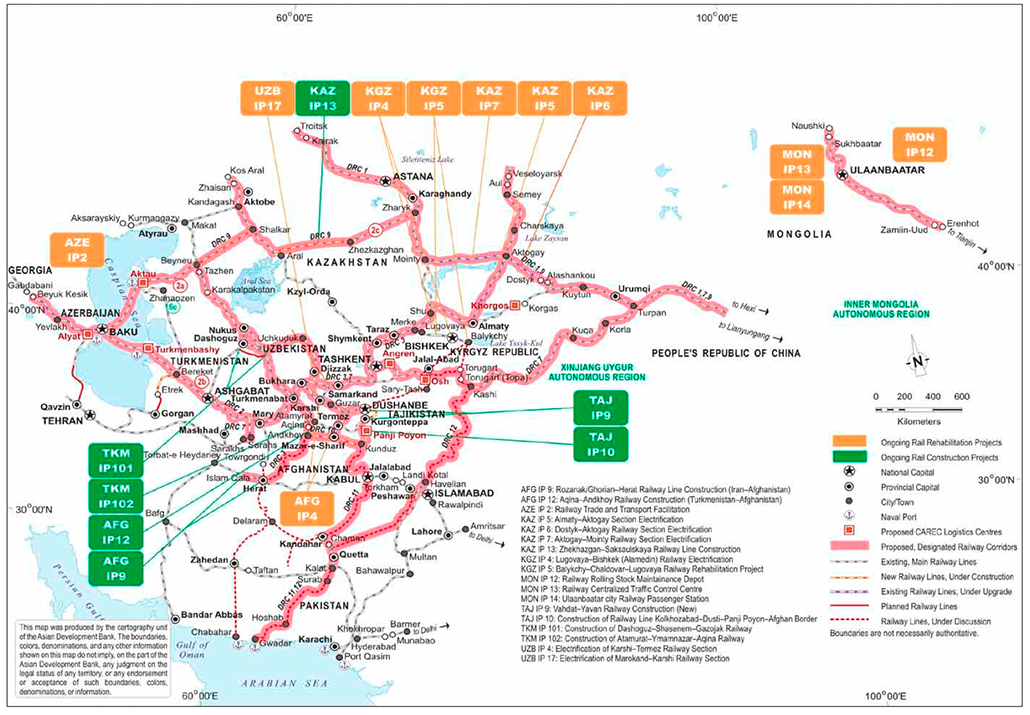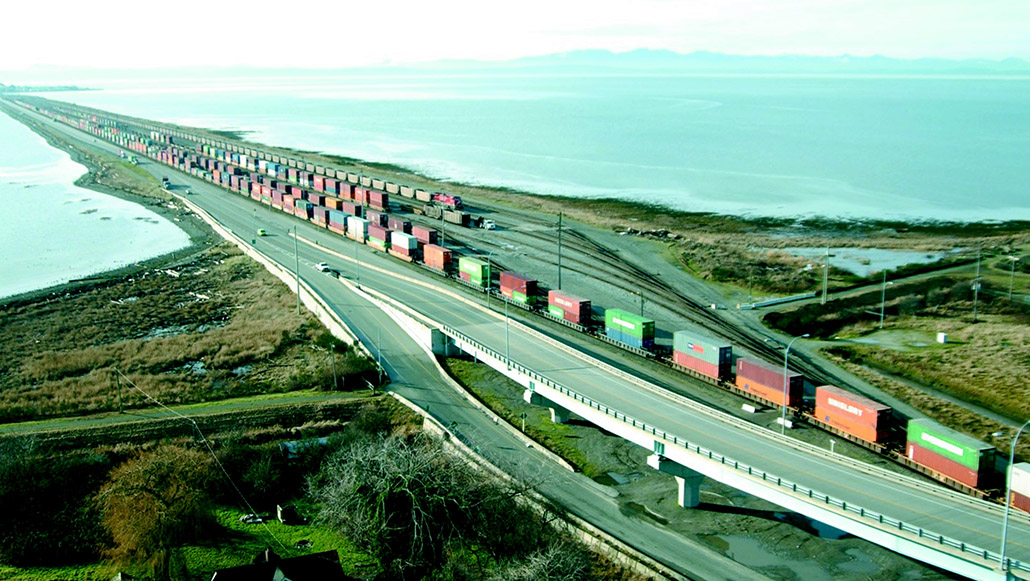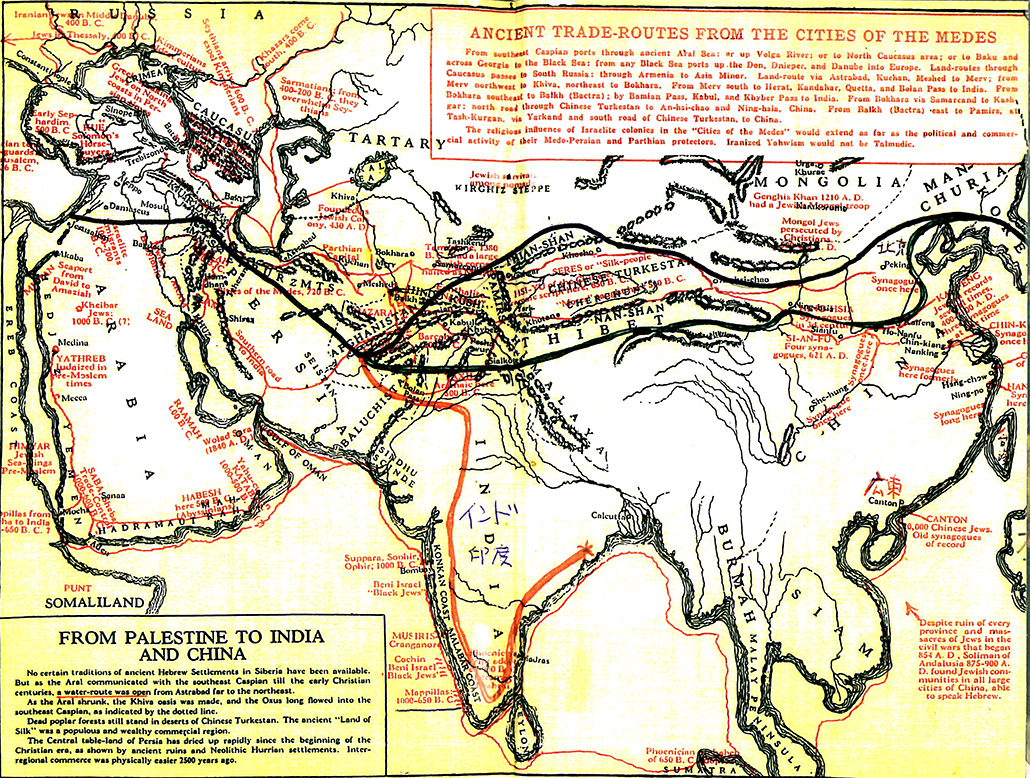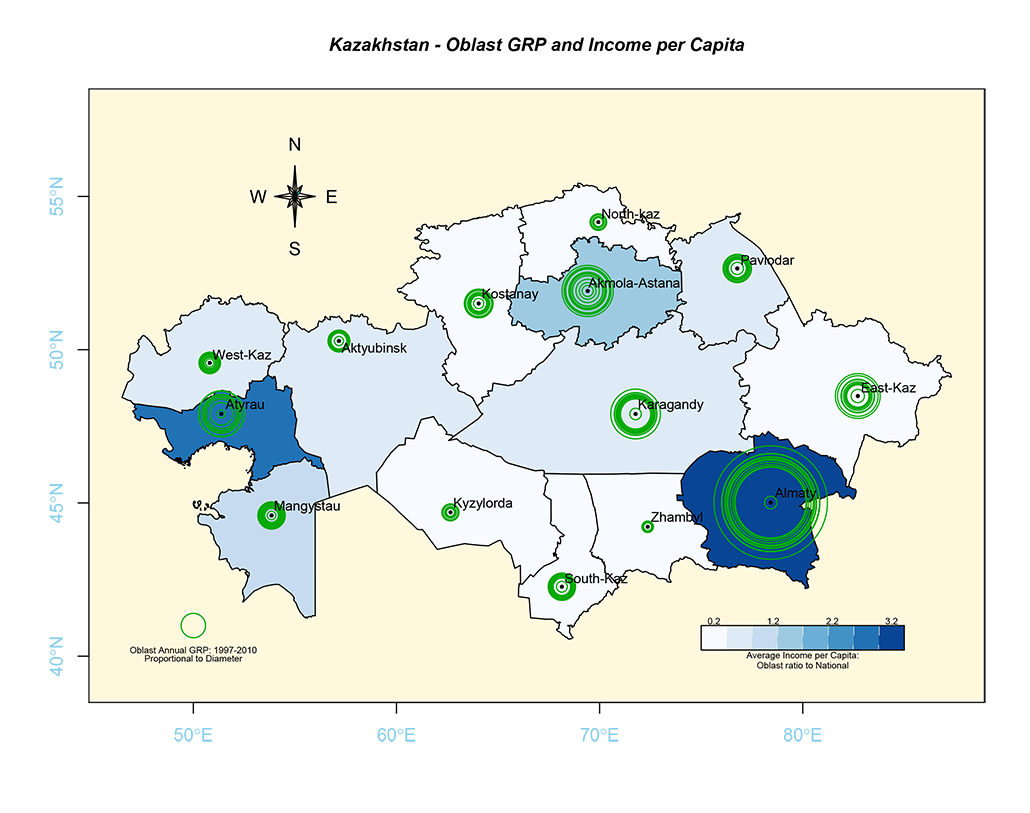Regionalism and Multilateralism in Central Asia
Place: Central Asia • Dates: 2012-13 • Partner: ADB
Project Summary
Since 1991, the Central Asian Region (CAR) economies have joined several regional organizations that involve or seek to reach a multilateral RTA. In addition, they have entered into numerous bilateral RTAs with other CIS countries. Many of these RTAs have not entered into force, while most of those that have formally entered into force have not been implemented.
Consequently, their impact on the trade policy regime and he pattern of trade in the CARs has so far been limited. If fully implemented, however, the concluded and planned RTAs involving CARs may cause considerable trade diversion and have significant adverse effects on the CARs. In particular, implementing the EAEC customs union is likely to slow down economic growth in Kazakhstan, Kyrgyz Republic, and Tajikistan significantly, unless it is accompanied by substantial reductions in common external tariffs of its member countries.
In parallel with participation in various RTAs, the CARs have pursued membership in the WTO. The Kyrgyz Republic has already joined the WTO. The other CARs are at different stages of the accession process. The potential benefits of the WTO membership for the CARs are considerable. They have increased significantly with the accession of the PRC in 2001, and will increase further as more of the CARs’ neighbors (including the Russian Federation) join the organization.
WTO membership also entails costs for the CARs, but these are often exaggerated and misinterpreted. The real costs of the WTO membership are those directly associated with the accession process and not those associated with policy reforms that a country often implements in connection with the WTO accession. Multilateral and bilateral development agencies can provide technical assistance in building institutions and capacity required for the WTO accession.
WTO membership does not preclude regional cooperation in trade policy. In fact, there are several options for such cooperation that the CARs can pursue within the multilateral framework. These include concerted but nondiscriminatory trade liberalization, coordination of negotiating positions in the accession process, and joint efforts with other developing countries to push for the elimination of cotton subsidies in developed countries.
Most Recent Entries

Low Carbon Biomass Conversion in the Sierra Nevada






